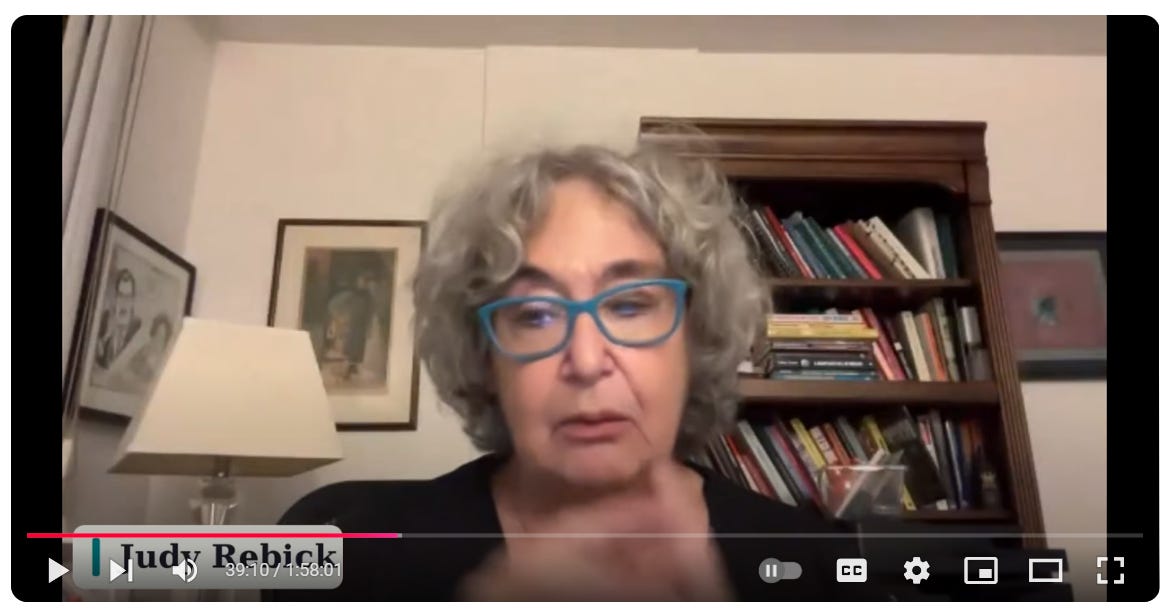
If you or someone you know has been active in the pro-Palestinian movement, you may have noticed this trend.
There is a growing frustration among those trying to stop the terrible violence and bloodshed in Gaza from Israel’s wanton bombings, launched in response to the October 7, 2023 attacks by Hamas fighters on Israeli civilians and soldiers.
For instance, a well-known activist of Arabic descent recently took to Facebook accusing those who have not taken sides in the conflict of justifying atrocities perpetrated by Israeli forces.
“Their refusal to choose a side is just as bad as being a Zionist,” said another well-known Palestinian commentator across their social media. “If you’re too stupid to understand Palestine, don’t talk to me.”
“If you’re too stupid to understand Palestine, don’t talk to me.”
The pain felt by those with families trapped in Gaza can’t be overstated. A shocking 80% of Gazans say they have lost a relative or that a relative has been injured in the current war, with no end in sight.
The grief and desperation of the Palestinian diaspora is palpable and utterly understandable, and it’s driving tens of thousands into Canadian streets to protest.
How do you measure a movement’s success?
Longtime activist Judy Rebick credits the pro-Palestinian movement as the most powerful movement since the 1960s. “I would say it feels a lot like the anti-Vietnam war movement,” she told a webcast hosted by the Council of Canadians (FYI, I am a Board member).
As I have written on PeaceQuest recently, activists have been successful in achieving a hard-fought resolution calling for a ceasefire in Parliament, and they celebrated extinguishing Canadian arms exports directly to Israel.
Nevertheless, activists lament the lack of progress despite their unprecedented, widespread organizing.
Rebick says the movement must reach out to the broader public. Activists need to overcome their desire just to speak among themselves, and embrace those who might hold different views.

“Some people don't want to talk to people who don't agree with them, you know. You want to write them off,” she said emphatically. “That’s one of the biggest problems we face right now in the move on a movement level is that people don't want to have discussions with people – they just want to be with people who agree with them about everything.”
Some people don't want to talk to people who don't agree with them, you know. You want to write them off.
This is a tall order considering people on both sides are so utterly convinced of the worthiness of their cause and the fighting.
As we discussed recently, a poll taken in Israel and Gaza found a near-perfect symmetry of opposing views: eighty percent of Palestinians believe that their recent years of suffering in Gaza justify October 7, and 84 percent of Israeli Jews believe that October 7 justifies the war.
Peace has become a politically loaded, dirty word. For each side, “peace” means giving up the conflict for safety and self-determination, whether it be for Palestinian statehood or a Jewish homeland.
Peace has become a politically loaded, dirty word.
Rebick says the combination of the COVID-19 pandemic and social media has disrupted the ability of people to talk with one another, to ask questions, and to learn from each other.
But we need to continue to strive to listen to understand, and not just to respond.
Please leave a comment to explain your response.
Last week’s poll results
Last week, I asked you to respond to this statement: “The crisis in Canada won’t be overcome by tax cuts — it can only be solved with investment, inclusion, and community.”
Just about everyone (97%) agreed.
Did you miss last week’s newsletter?
Viewed 1.7K times
Thank you for everything you do for peace,
Steve







Statements have been made to call for a ceasefire or to interrupt weapon's sales, but the slaughter in Gaza and now even in Lebanon continues. An Israeli attack on an Iranian embassy earlier did not even get called out as illegal. Bob Ray , the Canadian ambassador to the UN still seems to equate the continuing war with the October 7th attacks of Hamas at an israli music festival. Backing this outrage and dangerous behaviour is not really support for Israelis, certainly will not enhance the safety in the middle east.
The words Terrorist Entity have been said of these pro- Palestinian activists. Are they going about it in a proper approach or not? Or are they stirring up the war more putting more risk for the people to survive this?